Blood pressure is one of the most significant indicators of heart health, yet many people underestimate its importance or overlook it entirely until issues arise. Dr. Christopher Davis, a pioneer in functional medicine and a triple-board certified interventional cardiologist, stresses that understanding how blood pressure impacts the heart is crucial for preventing long-term cardiovascular problems. With years of experience in treating patients with heart conditions, Dr. Davis is passionate about educating people on how to manage blood pressure to protect their heart health.
What is Blood Pressure?
Blood pressure is the force exerted by blood as it moves through the arteries. This force is necessary for circulating oxygen and nutrients to organs and tissues. Blood pressure is measured in two numbers: systolic (pressure when the heart beats) and diastolic (pressure when the heart is at rest between beats). A normal reading is typically around 120/80 mm Hg, though individual health conditions may require adjustments.
The Impact of High Blood Pressure on the Heart
High blood pressure, also known as hypertension, means that the force of blood pushing against the artery walls is consistently too strong. Over time, this elevated pressure strains the heart and blood vessels, leading to several serious complications. Here are a few reasons why high blood pressure can be fatal for your heart:
Artery Damage and Narrowing: High blood pressure damages the inner lining of the arteries, making them less flexible and more susceptible to plaque build-up. This process, known as atherosclerosis, can lead to blockages, increasing the risk of heart attack or stroke.
Increased Heart Workload: The heart has to pump harder to circulate blood against the increased pressure. This added workload thickens the heart muscle, especially in the left ventricle, which is responsible for pumping oxygenated blood to the body. While a thicker heart muscle might sound beneficial, it actually reduces the heart’s efficiency. The heart becomes less effective at pumping blood, leading to heart failure over time.
Aneurysm Risk: High blood pressure weakens artery walls, which can lead to the formation of an aneurysm—an abnormal bulge in the artery. If an aneurysm ruptures, it can cause life-threatening internal bleeding.
The Impact of Low Blood Pressure
While high blood pressure receives most of the attention, low blood pressure (hypotension) can also affect heart health. Symptoms like dizziness, fainting, and fatigue can occur when blood flow to organs, including the heart, is insufficient. Dr. Davis explains that while occasional low blood pressure may not be harmful, chronically low levels can indicate underlying issues that need attention, such as dehydration or endocrine problems.
Maintaining Healthy Blood Pressure for Heart Health
Dr. Davis advocates for a holistic approach to blood pressure management, combining functional and conventional medicine practices. Here are some key recommendations to maintain healthy blood pressure:
Lifestyle Adjustments: Regular exercise, a balanced diet rich in fruits and vegetables, and maintaining a healthy weight are foundational. Dr. Davis emphasizes reducing salt and processed foods and incorporating potassium-rich foods like bananas and spinach, which help balance sodium levels.
Stress Management: Chronic stress can lead to high blood pressure, so Dr. Davis recommends activities like meditation, deep breathing, and mindfulness practices as part of daily routines to reduce stress.
Routine Monitoring: Regular blood pressure checks allow for early detection and management of hypertension or hypotension. It is advisable to keep track of their readings and consult their doctor if they notice consistent changes.
The Verdict
For Dr. Christopher Davis, managing blood pressure isn’t just about numbers; it’s about empowering individuals to take charge of their heart health. When you control your blood pressure, you’re actively protecting your heart and extending your quality of life. By understanding the connection between blood pressure and heart health, individuals can make informed choices that reduce their risk of heart disease and promote lifelong wellness.
Controlling your blood pressure is crucial for a healthier heart. Monitor your blood pressure regularly, eat a balanced diet, and exercise regularly to protect your heart health.




